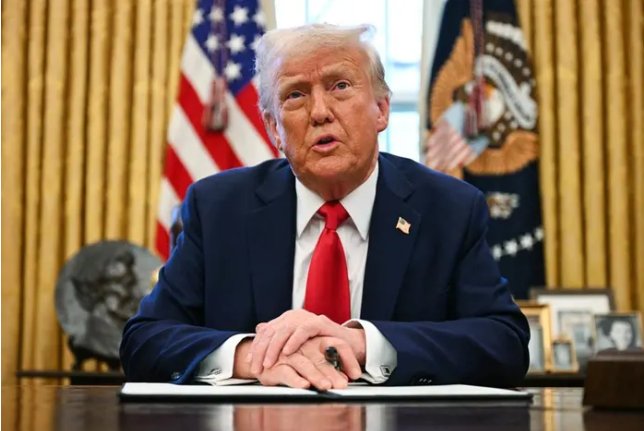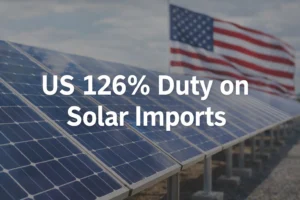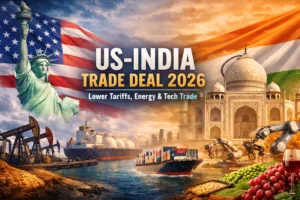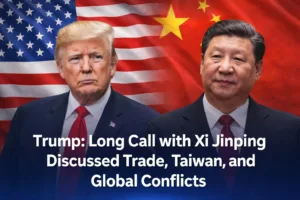United States may soon impose a 25% tariff on imported automobiles, pharmaceuticals, and semiconductor chips, a move that could shake up global trade. President Donald Trump has indicated that these tariffs could take effect as early as April 2, as part of his broader strategy to boost American manufacturing and secure better trade deals.
Trump explained that while the tariffs would start at 25%, they could increase over time, especially for semiconductor chips and medicines. He also said companies that set up factories in the U.S. would not have to pay these taxes, giving them an incentive to move production domestically. The auto industry, in particular, would be heavily affected, as about half of all cars sold in the U.S. last year were imported. Automakers like Volkswagen and Hyundai, which rely on foreign manufacturing, would be among the hardest hit.
Impact on Automobiles
The proposed 25% tariff on foreign cars would primarily affect imports from Europe and Asia. If implemented, it could lead to higher prices for consumers in the U.S. as automakers pass on the extra costs. The European Union has already entered discussions to prevent these tariffs from taking effect, but Trump remains firm, arguing that the U.S. needs fairer trade terms.
Effects on Pharmaceuticals and Semiconductor Chips
Beyond automobiles, the tariffs could also impact pharmaceutical products and semiconductor chips. Initially set at 25%, these duties might increase over time, pressuring companies to establish manufacturing facilities in the U.S. to avoid penalties. While this could create jobs and strengthen domestic production, experts warn it could also drive up costs and make medicines and electronic devices more expensive.
Economic and Global Consequences
The global economy is already feeling the pressure, especially in Asia, where supply chains are heavily reliant on U.S. trade policies. Analysts caution that these tariffs could fuel inflation, disrupt international relations, and even spark a larger trade conflict. The uncertainty is causing concern among businesses and policymakers worldwide.
With the April 2 deadline approaching, all eyes are on the U.S. to see if these tariffs will be implemented and how they will shape the future of global commerce.

BBW News Desk is the editorial team of BigBreakingWire, a digital newsroom focused on global finance, markets, geopolitics, trade policy, and macroeconomic developments.
Our editors monitor government decisions, central bank actions, international trade movements, corporate activity, and economic indicators to deliver fast, fact-based reporting for investors, professionals, and informed readers.
The BBW News Desk operates under the editorial standards of BigBreakingWire, prioritizing accuracy, verified information, and timely updates on major global developments.

































Be First to Comment